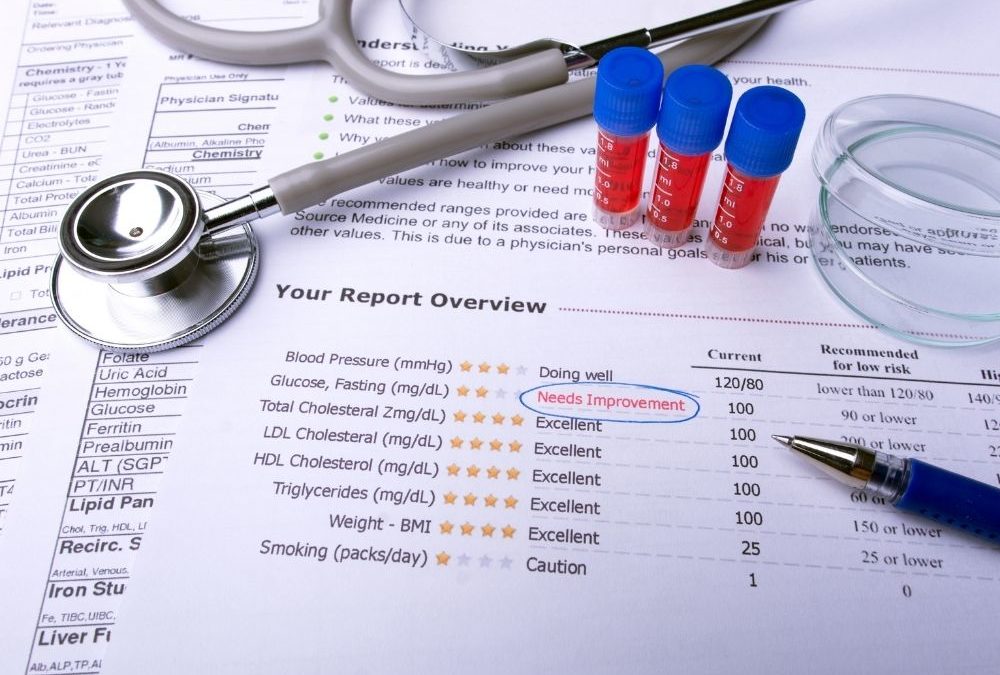Tuesday Tip: make sure you know what your health care plan covers for preventive care BEFORE visiting the doctor’s office.
This week, we will focus on how preventive care works with insurance.
Let’s start with a client example. I’ve recently had a female client call me because she went for her annual checkup. The doctor convinced her to do all these extra tests, by saying that her insurance is preventive and so her insurance will cover it. Well, guess what? You guessed it – her insurance didn’t cover it. This client of mine hasn’t had a lot of experience with insurance because she’s young and healthy. So, if you don’t have experience, you’re going to take the doctor’s word for it, that your insurance is going to pay for these things. So why not do the tests? The main concern here is that this patient had no previous history of any of these issues, and no concerns relating to any of these issues. I’m not talking about high blood pressure, or any of those routine and common kinds of things. I’m talking about tests for things such as sexually transmitted diseases. The doctor ran all these tests, which this client had no previous history and had no concerns about, but convinced her to do these tests, because “it’s covered under preventive”.
However, now she’s receiving a bill for over $600 from this physician’s office. We are working on helping her get this resolved. Because firstly, the doctor shouldn’t be telling patients what’s covered and what’s not covered, because they do not know. Possibly, if they had checked with the insurance, the billing staff in his office would have known that maybe these tests were not covered. The issue here though is the ‘upselling’. Doctors want to make more money, I get it. But doing procedures that are unnecessary is not ok. And then, sticking a patient with the bill for it is certainly not ok.
The main takeaway here is that you as a patient you need to know what’s covered and what’s not covered so that if someone tells you they can perform these extra tests because your insurance will pay for it, you will know beforehand if they are or are not covered.
Having someone tell you to have certain tests done purely because they will be covered is a red flag. Just because your insurance may pay for it doesn’t mean that it’s necessary. The attitude that ‘insurance is going to pay for and it will not cost me anything is untrue. This is because the more claims that are filed, whether it’s preventive or illnesses, or whatever, the higher the premiums are going to end up being on your insurance. So, in the long run, it is not free. It is not free. All that preventive stuff is figured into your premium, and people do not realize that you will pay for it one way or the other.
One way that I can help in this matter is to educate people. If your doctor recommends something, ask him/her why. And then, if you’re not sure your insurance will cover it, just say, “Can I do this next time I come in?”. This gives you an opportunity to go and check on what is covered by your insurance and to make sure you don’t end up with a big bill. We just all need to do our due diligence. If something just doesn’t feel right, you can refuse tests. I’m not saying the doctors don’t know. But unfortunately, there are some practitioners out there that are just going to run everything under the sun, because they feel like they can collect that money from insurance. Thankfully, they’re few and far between. But it does happen. So it’s up to you as a patient, to know what you are covered for, and to ask why a certain test is being recommended.



